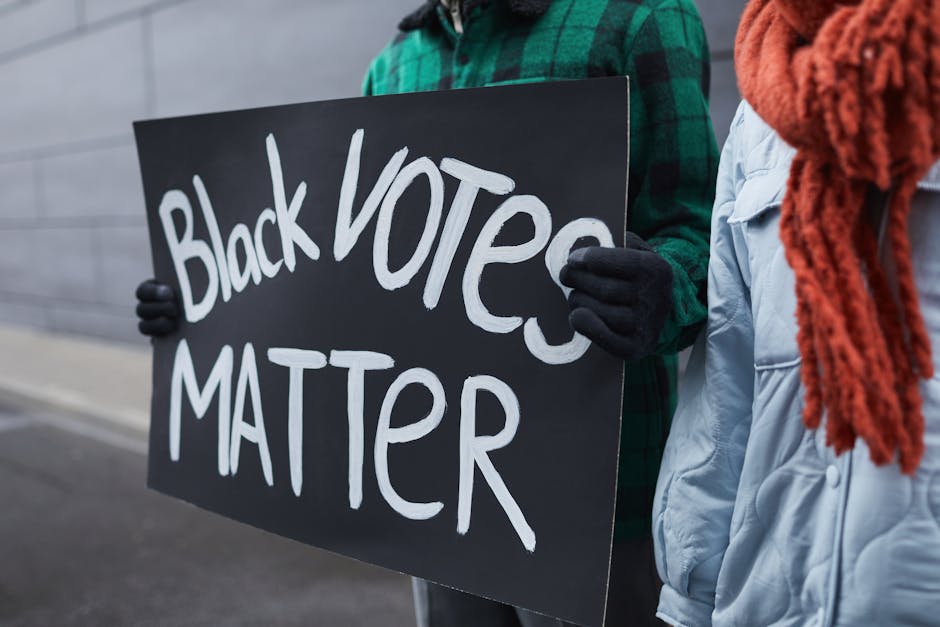A significant driver of voting behaviour lies in the desire for influence and agency. Individuals often perceive voting as a crucial mechanism for shaping the direction of their community and country. This agency extends beyond simply selecting a candidate; it encompasses a broader sense of participating in the democratic process, feeling empowered to affect policies and outcomes that directly impact their lives. For some, this translates to a profound belief in the power of collective action and the notion that their vote contributes to a larger, more just society.
Another compelling reason for electoral participation is the anticipation of personal benefits. Voters may anticipate tangible outcomes from their preferred candidate or party. These perceived benefits might involve improvements in public services, job creation, economic growth, or even more nuanced factors such as improved infrastructure or a perceived enhancement of safety within their local community. The rational actor model of voting suggests that individuals assess the potential benefits and costs associated with each candidate and party to make an informed choice that maximizes their personal gains. This doesn’t necessarily imply selfishness; rather, it acknowledges that self-interest plays a role in shaping electoral preferences. It’s worth noting that individuals often have differing perceptions of these benefits, reflecting diverse socioeconomic backgrounds and political ideologies.
Beyond personal gratification, social influences significantly shape voting patterns. Social norms and expectations can exert considerable pressure on individuals, encouraging or discouraging participation. The actions of family members, friends, and community leaders can profoundly affect a person’s decision to vote. Strong social networks with shared political values or belonging to interest groups can further amplify this effect, creating a sense of collective identity and reinforcing the belief that voting is an important part of upholding communal values. The importance of social pressure underscores the role of social capital in fostering political engagement. Moreover, social networks provide valuable information and perspectives that help voters to form their opinions and make informed choices.
Political efficacy, a belief in one’s ability to influence the political process, acts as a crucial catalyst for electoral engagement. Individuals who feel that their voices and votes truly matter are more likely to participate. Conversely, a sense of political apathy or the perception that their vote will not make a difference can lead to disengagement. High levels of political efficacy are often associated with higher levels of political knowledge, trust in institutions, and a sense of personal responsibility toward civic participation.
An individual’s political ideology forms a significant filter through which they perceive political candidates and their proposals. Strong convictions on social, economic, and political issues often drive voting choices. For instance, an environmentalist is more likely to favor candidates promoting sustainable practices, while someone emphasizing fiscal conservatism might choose a candidate with a record of budgetary prudence. Understanding the intricate relationships between ideology, values, and political behaviours is paramount to deciphering voting patterns.
Historically, voting has been intertwined with a sense of identity and belonging. Individuals often associate themselves with a particular political party or ideology, which reinforces their sense of identity and provides a framework for interpreting political events and candidates. This party identification might stem from various sources, ranging from family traditions and social networks to personal experiences and shared values. A strong sense of belonging to a specific group or community often acts as a motivator for individuals to engage in political participation, including voting.
Furthermore, election outcomes have a significant effect on the political landscape. The choice of a candidate or party influences the course of public policy, the composition of governmental bodies, and ultimately the quality of life for citizens. The collective impact of millions of individual decisions shapes the political climate. Understanding the importance of one’s vote in shaping the future is a powerful incentive for participation, particularly when voters feel directly affected by the policies of different parties and candidates.
However, certain obstacles can impede electoral participation. These obstacles can range from practical difficulties such as logistical barriers like voter registration requirements and accessibility issues, to institutional factors such as the complexity of the electoral system and the level of trust in the political process. Additionally, factors like apathy, disenfranchisement, and a lack of awareness concerning the importance of voting can significantly limit participation. Addressing these obstacles is essential for ensuring greater voter engagement and a more representative democracy.
In conclusion, the reasons for voting are extraordinarily diverse, reflecting a complex interplay of individual motivations, social influences, and political contexts. From a desire for personal agency and anticipated benefits to the influence of social norms, the impact of political efficacy, and the shaping power of ideology, a multifaceted approach is necessary to understand the driving forces behind electoral participation. Acknowledging the crucial interplay between individual incentives and the broader political landscape is key to fostering a thriving and inclusive democracy. By identifying and addressing the barriers that hinder participation, societies can encourage greater engagement in the democratic process.






